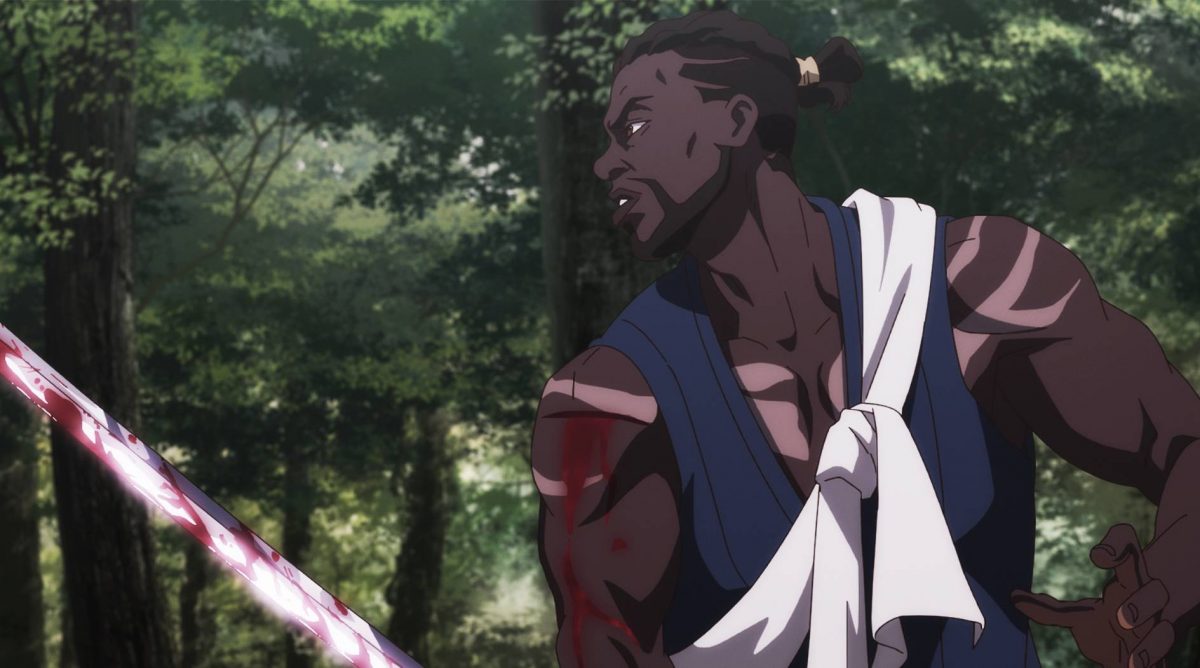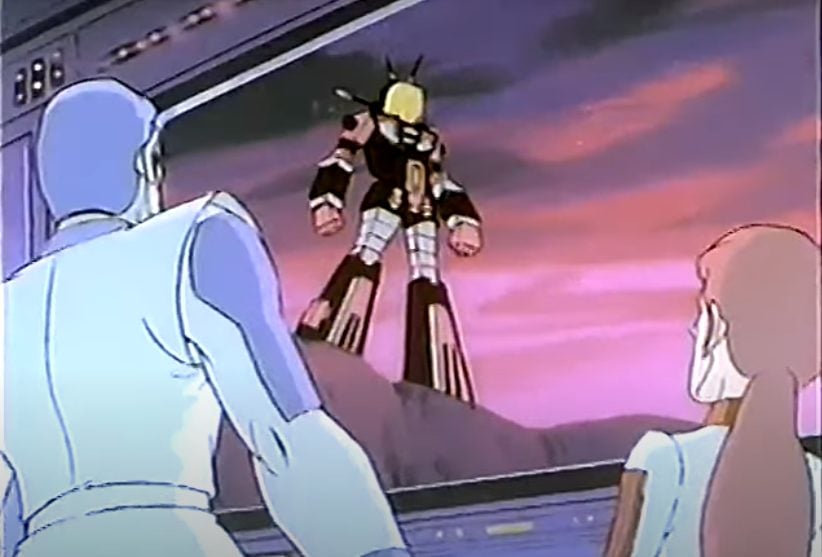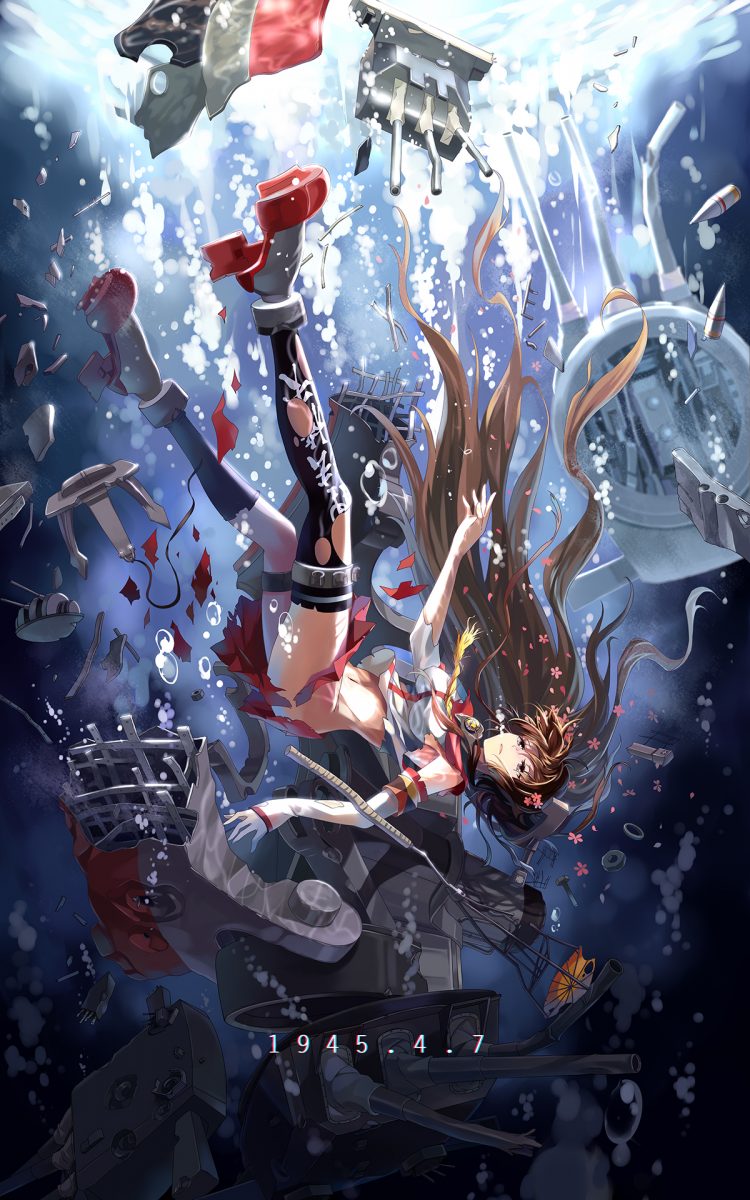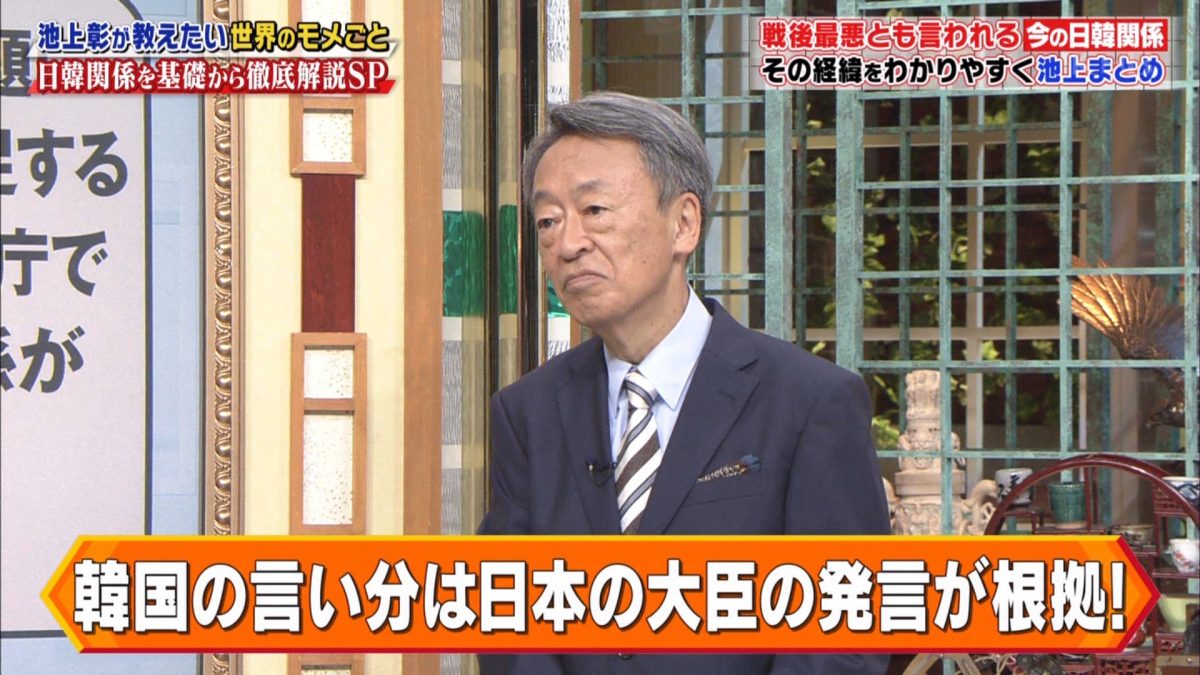
Have you been following the trade war? Not the one between China and the U.S., but the one that’s been happening between South Korea and Japan as their current diplomatic spat continues. I recently caught a news program in which journalist Akira Ikegami, known for making complex news topics easier to understand (sort of making him the John Oliver of Japan), explained the current issues the two countries are facing. Let’s explore the relationship of Japan, South Korea and “national memes.”
Recently Japan announced that it was removing South Korea from its “white country” list of trusted countries with minimal import restrictions, and South Korea responded by saying it was ending an intelligence-sharing agreement, potentially endangering the region if information about North Korea’s activities stopped flowing between the two countries. What caused this latest row? As usual, it’s complicated.
The history between South Korea and Japan is long and complex, and I’ve learned that Westerners know very little about the details of the various countries in the region, which is natural because of the cultural and geographic distance from the U.S. and Europe. I also know that Westerners generally assume Japan to always be at fault 100% of the time, because “Japan did terrible things before and during WWII” (which they did) or “Prime Minister Abe is a right-winger” (which he is, but with several caveats).
But while history is always warped by the lens of time and the age we happen to live in, as well as the “national memes” all of us create, I believe taking a proper look at complex topics is something thoughtful people should always try to do.
PLEASE NOTE: I am an American blogger who’s lived in Japan for 27+ years, and I am naturally writing my subjective views from this perspective. I am not an expert on history, though I’ve talked about the subject with many Japanese and zainichi (Japan-born) Koreans, and have blogged about Japan for longer than the term has existed. If you disagree with any of my views, feel free to tell me in the comments below!
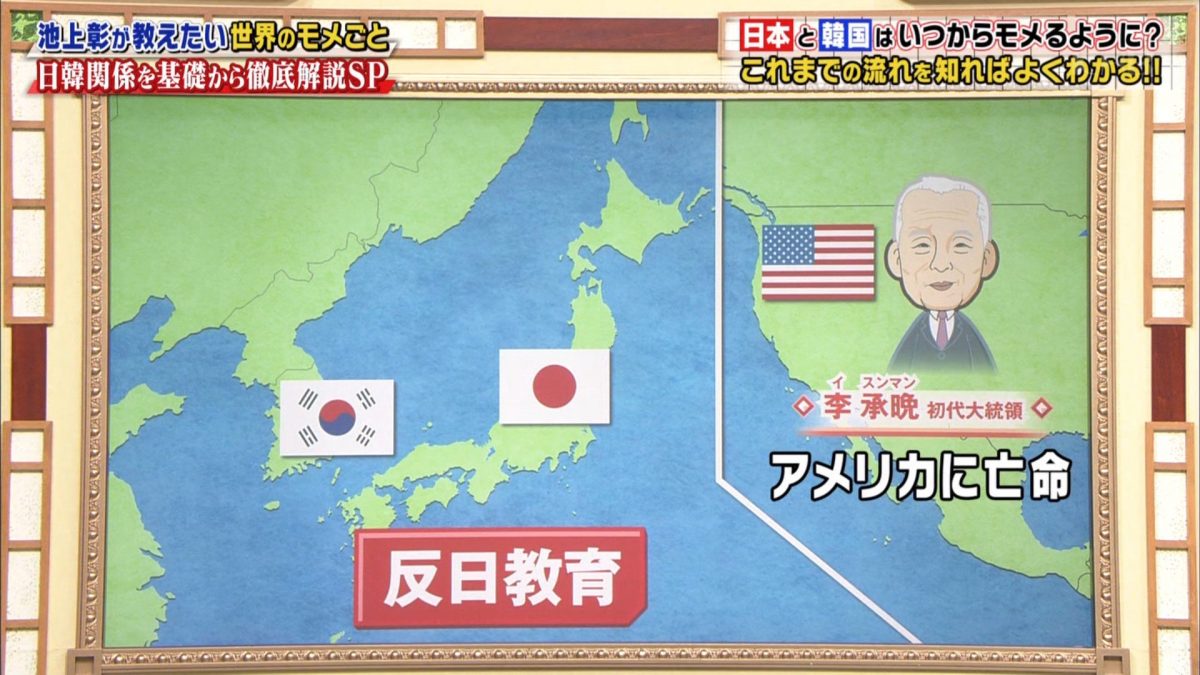
The History Between Korea and Japan is Long
We think of Japan as a country with an extremely ancient culture, and coming from the U.S., I’m often amazed when I visit a temple or other ancient site that’s several times older than anything I can find in my own country. And yet, in a lot of ways, Japan is a young country, which only got kanji writing in the 6th Century CE along with Buddhism through the Korean Peninsula. So basically, when Japan’s culture was just getting started, Greece and Rome were already on their way out. I sometimes joke that the West had had lawyers for 1,000 years before Japan learned to write.
Japan and Korea traded peacefully for many centuries, and there’s mention of envoys from Korean kingdoms in the Tale of Genji, an 11th-century Japanese novel. The bad blood between the two countries started when Hideyoshi Toyotomi — the second of Japan’s three great “unifiers” and a fascinating individual, since he was able to rise from a lowly farmer-soldier to the de facto Shogun of all Japan — got the brilliant idea of invading the Korean Peninsula twice, starting in 1592. I’m pretty sure he’s rightly hated by Koreans for this today.
The true sadness began in the late 19th century, when the Korean Peninsula became a pawn that was sought after by several empires of the era, including China, Russia and Japan, constantly being pulled this way and that. The 1905 Russo-Japan War, which proved that “tiny” Japan could take on and defeat a strong Western power, was fought largely to decide who would dominate the area around the Korean Peninsula. (There’s an excellent source on this subject here.)
From 1910-1945, Japan did the thing Koreans hate the most: they officially colonized the peninsula, folding the territory into the Empire of Japan. They introduced the bizarre Japanese prefectural system (which Koreans hate, and have worked to change) and built a replica of Tokyo Station in Seoul (which they also hate), now preserved as Culture Station Seoul 284, an art museum. During the Colonial era, Korean high schools sent teams to the famed Koshien baseball championship.
Japan basically robbed Korea of her sovereignty for 25 years, which Koreans consider their greatest national shame. There’s a long list of crimes that Japan committed during this period that are very high in the minds of Koreans, though of course not well understood in Japan, including the assassination of Empress Myeongseong by Japanese soldiers in 1895. (There’s a Wikipedia article on the period of Japanese rule of Korea here.) Being a linguistically-minded person, I believe another stupid thing Japan did was try to force everyone to use Japanese instead of Korean. If you want people to hate you for generations, trying to erase their national language is a good place to start.
Japan did the same thing, with much more success, in Formosa/Taiwan, which they ruled from 1895-1945. Unlike with Korea, Japan can be said to have done a “good job” with Taiwan, introducing modern industries, forcing the people to abandon archaic practices like Chinese foot-binding, and creating an excellent irrigation system that enabled Taiwan to avoid the starvation that plagued the rest of Asia in the aftermath of the Pacific War. There’s a romantic story of an engineer named Yoichi Hatta who built a great dam in Taiwan, and when he died at sea, his widow threw herself off the dam her husband had built, unwilling to live without him. (Source, a taxi driver in Taipei who loved listening to Japanese enka songs while driving.) As I wrote in my post about How Does Your Country Feel About Japan? (also written after watching a news program by Akira Ikegami), Taiwan is the most pro-Japanese country in the world today, with most people having a positive view of Japan.
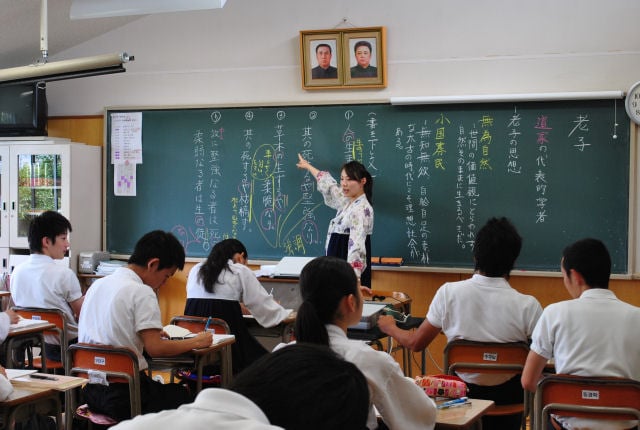
Koreans in Gunma Prefecture
I moved to Gunma Prefecture in 1991 to stay for “a year or two” and ended up staying here for much longer. Immediately when I started teaching, I learned that I had more than a few Korean students. These were zainichi (“residing in Japan”) Koreans who were born and raised in Japan but who choose to maintain South or North Korean passports for cultural reasons that would be quite unfathomable to an American. They’re given special visas to live in Japan forever, though they maintain a separate identity. Most have Korean and Japanese names that they switch between regularly.
Koreans make up a vibrant part Japanese society, and live and work in all areas of Japan. My wife and I visit a nice Korean supermarket in Maebashi often, and she makes amazing Korean dishes for me. Korean BBQ is as much a part of everyday Japanese food life as going out for Chinese or Italian is for Americans. In running J-List, we work with several Koreans who do business inside Japan or between South Korea and Japan regularly.
I’ve even visited North Korea, sort of. There are Chosen gakko or North Korean schools in Japan, where students will learn subjects in Korean below pictures of North Korean leaders, and I visited one back when I was a teacher, to try to recruit students for our English school. It was an interesting experience.
(There must be South Korean-sponsored schools in Japan, too, but all the ones I know of were specifically referred to as North Korean.)
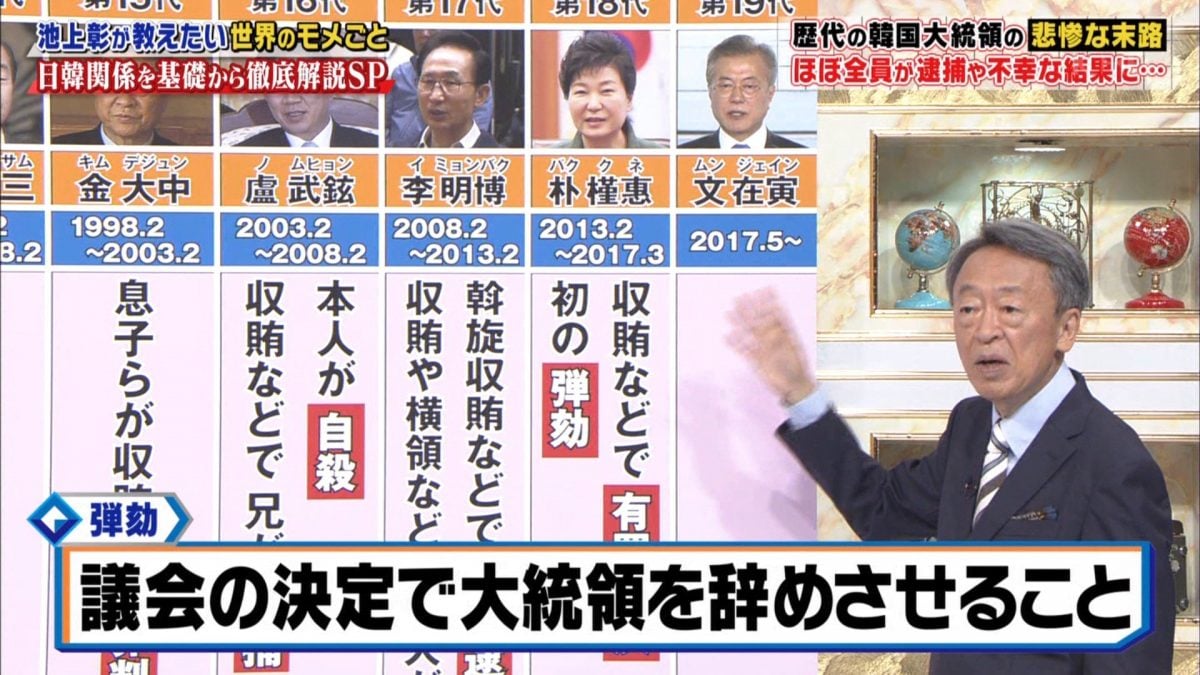
Origins of the Current Dispute Between South Korea and Japan
The immediate cause was a court ruling in South Korea that a Japanese steel company was required to pay damages to Koreans who had been compelled to work during the Colonial Era without pay. Japan objected, saying that the Treaty on Basic Relations between South Korea and Japan signed in 1965, normalizing relations and officially ending the state of war between the war between Japan and South Korea, including all claims by individuals.
Japan paid the equivalent of $8 billion in today’s dollars to settle the various claims South Korea had against Japan for its misdeeds during the Colonial Era, though this money was paid to the South Korean government, which used it for economic development rather than disbursing it to individuals. In 1965, South Korea was a military dictatorship headed by Park Chung-hee, father to the hated Park Geun-hye, who was ousted in 2016 in a popular uprising. I don’t know for sure, but I’d bet real money that the average Korean is as ill-informed about the details of this treaty and misuse of the funds (from Japan’s point of view) as the average Japanese is about the assassination of Empress Myeongseong, in keeping with the “national memes” theme I’m running with.
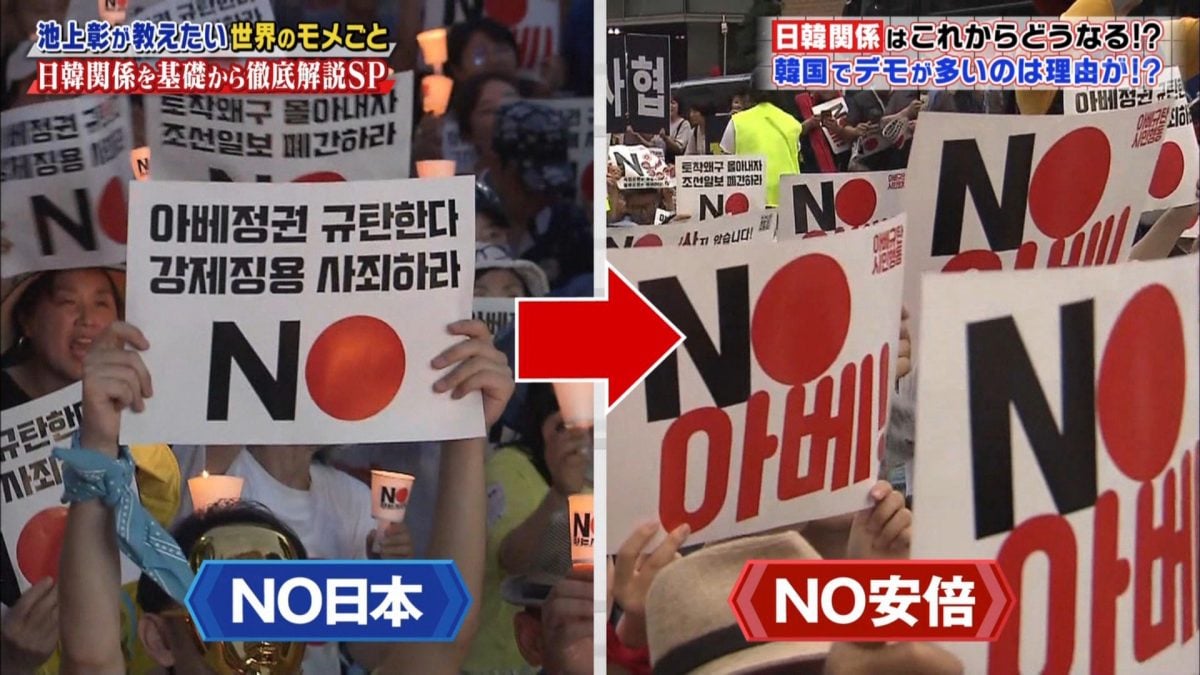
The current dispute is an extension of several other issues, the biggest being South Korea’s pursuit of the “comfort women” question, demanding an apology and payment to the surviving victims of Japan’s system of wartime brothels, in which women were allegedly coerced to serve as prostitutes for the military. For years Japan defended their past actions, saying that the women were professional prostitutes and well paid (and documentation of this does exist), but clearly only in a subset of cases. When South Korea used the “nuclear option” — placing a statue of a Korean girl who represents the comfort women issue near Japan’s embassy in Seoul — Prime Minister Abe relented, agreeing to apologize and provide 1 billion yen (US$9 million) so the two countries could “finally and irreversibly” put the comfort women issue behind them.
So the “right-winger” Shinzo Abe, who South Koreans supposedly hate more than a man aiming nuclear missiles at them, apologized and paid compensation to Korean women wronged by Japan in the past. Problem solved, right? Wrong! After Park Geun-hye was driven out of office, the new president Moon Jae-in gutted the agreement, closing the foundation that had been set up to help the victims. He apparently did this in response to ongoing demonstrations by young Koreans who could not accept the agreement. The failure of the agreement after an apology was made and money paid is probably the biggest factor in the “Korea fatigue” that Japan is currently experiencing.
Exploring a Complex Issue
In keeping with my goal of getting past “national memes” we all view the world through, I looked into this complex issue, positive that my own country would never do anything like what Japan is accused of by South Korea. Instead, I learned that there was an extensive nationwide system of brothels for use by Allied military in Japan during the Occupation. They were called “comfort stations” and were organized under the Recreation and Amusement Association, and everyday Japanese women were often pressed into service to serve the needs of the Allied troops. There were also licensed brothels in Korea during the Korean War, although anyone who’s seen a few episodes of M*A*S*H knows that. In many cases, U.S. servicemen used the same system of brothels set up by the Japanese during the Korean War. Whoops!
Of course, no one would say that the brothels used by the U.S. military are the same as what Japan is accused of by South Korea. What I’m saying is, we all see history through “national memes” that are highly suspect, editing out the information we’re not comfortable with and stressing other information due to confirmation bias. If you think the British Empire was filled with polite tea-drinking chaps saying “tut-tut, cheerio” all the time, well, some Indians I’ve talked with might disagree. Similarly, most Russians would not agree that films like The Longest Day or Saving Private Ryan paint an accurate picture of WWII.
Other Points from Akira Ikegami’s Show
Here are some other points that were brought up in the informative TV show. I can’t say whether they’re accurate or not, but they sounded reasonable, so I’m passing them along here.
- Japanese often wonder, “Why do Koreans love to demonstrate against this or that so much?” The answer given was that South Korea only became a true democracy in 1987 when mass protests forced the last military ruler out of power. This means that “people power” is very important to the Korean people as a means of effecting social change.
- Another reason given was that while the unemployment in South Korea is a reasonable 4%, the youth employment is around 11%. This was explained as one reason young people demonstrate more than in other countries.
- It’s important to note that not all Koreans hate Japan. The show reported on counter-demonstrations by groups calling for mending fences with Japan.
- Japanese are very embarrassed at their own right-wingers, and it’s common for the news media to avoid reporting on anti-Korean demonstrations when they occur, and this media self-censorship causes cynical Internet users to refer to the media as masu-gomi (“mass-garbage”) instead of the correct term, masu-comi (from “mass communications”). I was pleased to see this topic was honestly discussed in Akira Ikegami’s news show.
- The show also went over the other issues South Korea has with Japan, such as disliking the name Sea of Japan and both sides of the Dokdo/Takeshima island dispute. If you’d like to learn the details of Japan’s various territorial disputes, I have a blog post here.
Fun Fact about Japan!
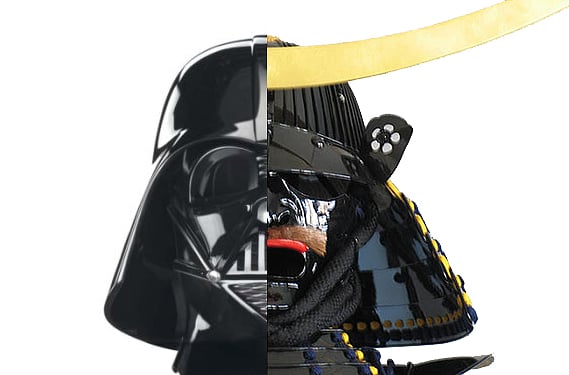
Many of the most famous villains from movies and TV are based on Japanese. Both the warlike apes from Planet of the Apes and the original Klingons from Star Trek were created by writers who had fought against Japanese soldiers in the Pacific during WWII, which influenced their later creations. Also, Darth Vader is based on Date Masamune, one of the most enigmatic Japanese warlords from Japanese history.
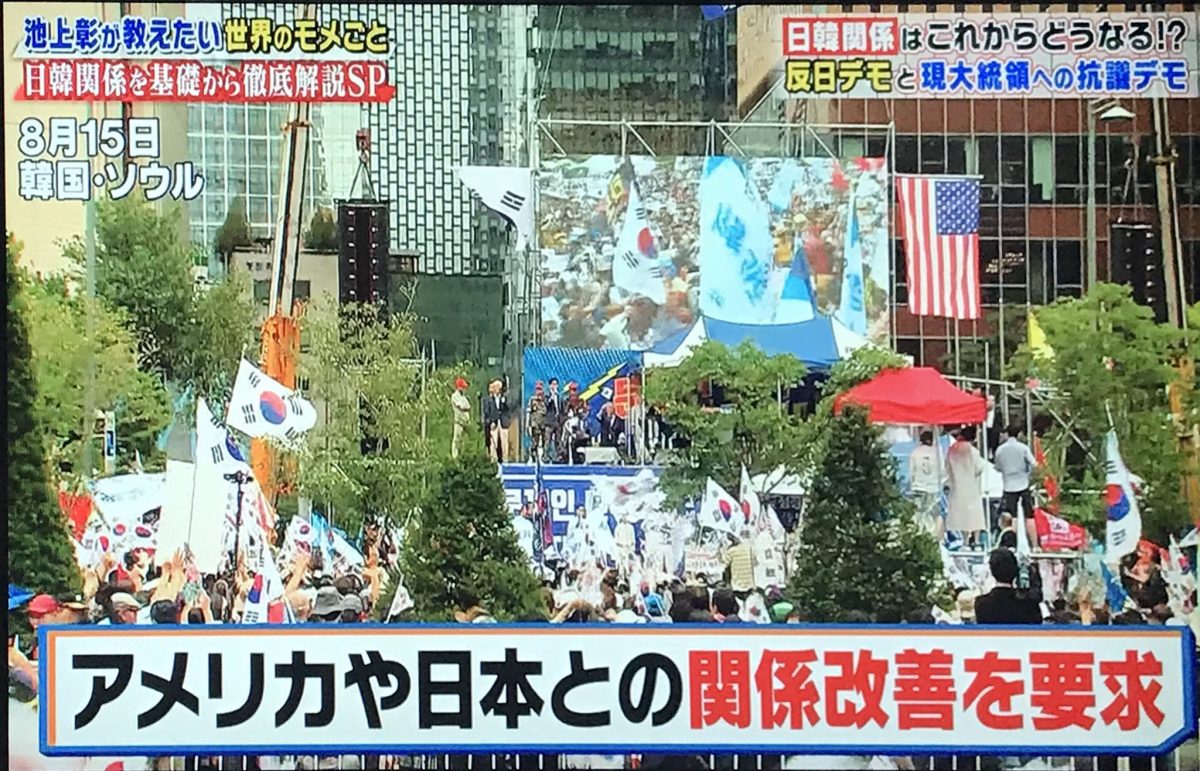
How Will the Crisis be Resolved?
Hopefully, both governments will realize the wisdom of pulling back and reducing the trade friction between the two countries. In addition causing economic harm that neither country needs, the “No Japan” boycott by Koreans is causing damage to many domestic businesses, like locally owned 7-11 stores inside Korea, and an airport that’s reportedly close to bankruptcy because so few travelers are passing through it. It’s a needless case of economic self-harm.
I certainly hope Japan and South Korea can get to a better place. In addition to the challenges posed by “Rocket Man” to the north, the economic relationship of Japan and South Korea is an extremely important one. If you believe that China will continue to dominate economically in the coming decades and that this won’t always be a good thing for its neighbors, I’d say Japan and South Korea desperately need to work together rather than squabble about the past.
I love and respect the Korean people. They have an amazing culture, their food is awesome and their TV dramas and films are loved by Japanese for many of the reasons that we were all first drawn to anime. I do believe, however, that South Koreans (and all of us) should spend less time believing “national memes” that are not useful for anyone, and instead start looking towards the future together.




